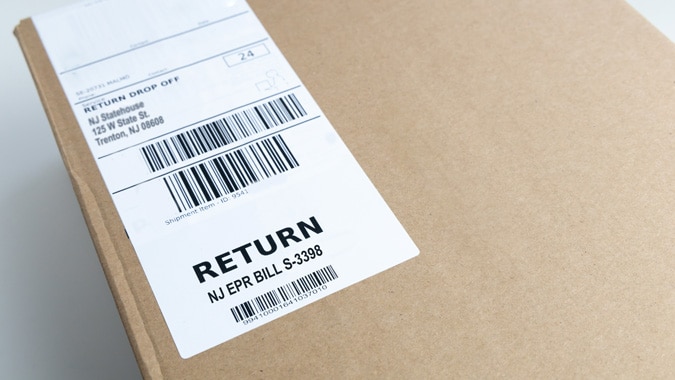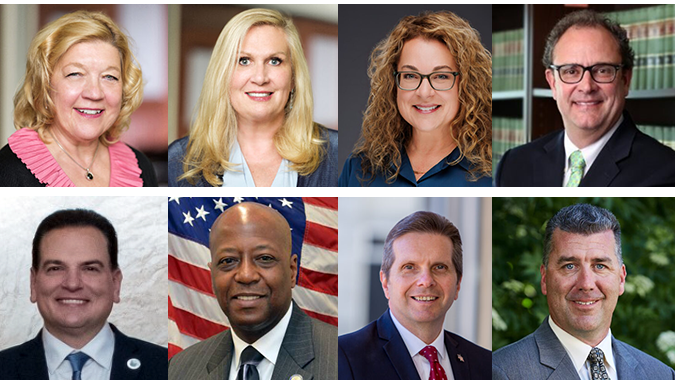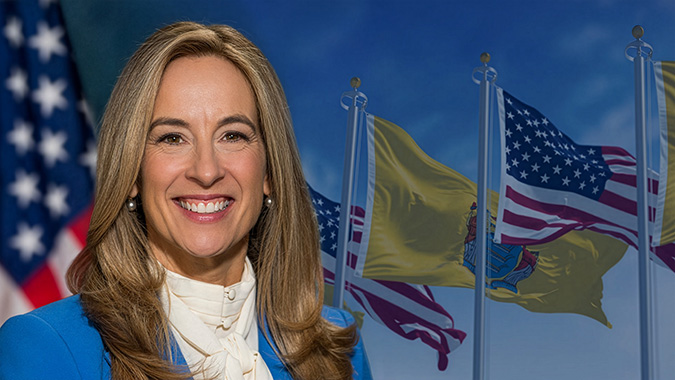Why should New Jersey businesses care that the state of Maryland finalized a packaging law this week?
Because the Old Line State actually enacted a much more workable law for businesses and manufacturers than an extreme version of Extended Producer Responsibility (EPR) legislation currently being bandied about in Trenton, according to NJBIA Deputy Chief Government Affairs Officer Ray Cantor.
“EPR laws do tend to be problematic for businesses and the makers of recyclable material, and you can sometimes question their effectiveness,” Cantor said. “But Maryland passed a reasonable law that had the support of environmental groups AND the business community.
“For more than a year, we have been advocating for New Jersey – if it is going to do EPR – to go the route of Maryland or Minnesota. But right now, the current bill being pushed here would be the most extreme in the nation, by far, and would further reinforce New Jersey’s reputation of being anti-business.”
Bill S-3398 (Smith, D-17) requires producers of packaging products, and manufacturers that use these products, to implement plans aimed at reducing the amount of packaging disposed in landfills.
Also known as the Packaging Product Stewardship Act, the legislation was passed along party lines by the Senate Environment and Energy Committee in February.
In opposing New Jersey’s version of the bill, Cantor said it “totally ignores the 40 years of work and systems that have made New Jersey one of the most successful recycling states in the nation.”
“It also mandates unrealistic packaging reductions,” he said.
One of those reductions is the aim for a 50% source reduction goal for single-use plastics within 10 years.
Ironically, California’s EPR law, signed in 2022, called for a 25% reduction in single-use plastic packaging by 2032.
But in March, Gov. Gavin Newsom ordered a revision of that and other provisions amid rising compliance costs.
“That number is simply unworkable for New Jersey’s business community," Cantor said.
Perhaps the most extreme provision is the definition of recycling in the New Jersey bill, which excludes any chemical conversion process, commonly known as advanced recycling.
This is important, he said, because it would effectively ban the innovation of advanced recycling methods – such as using high temperatures and pressure to break down chemicals in plastics and return them to their base make up to be reused as new plastics.
“By effectively creating a ban of the advanced recycling of plastics, we’re throwing the most promising new technology to recycle materials we currently have out the window,” Cantor said.
Maryland’s road to a packaging EPR law started with a study and the start of an advisory group to determine a needs assessment and, later, recommendations for legislation based on those assessments.
Maryland’s EPR law also includes eco-modulation provisions that incentivize packaging that can be recycled, reused or composted. It also differs from other state programs in that it allows multiple producer responsibility organizations to operate at the program’s launch.
“We can get behind a fair and workable EPR law,” Cantor said. “But as Maryland is showing, New Jersey’s proposal isn’t it.”




